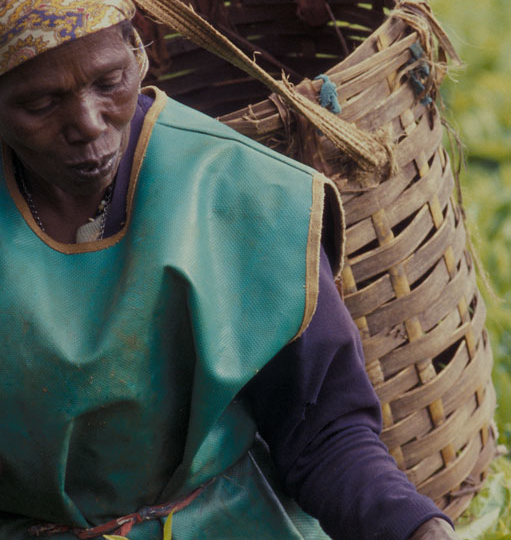
Applied Econ PhD University of Minnesota
Lead Organization:
University of Minnesota Foundation
Community of Practice:
Countries:
Malawi
Duration:
11/2015—11/2019
Overview:
This project will support a University of Minnesota (UMN) PhD studentship for an African scientist to conduct research and gain experience related to targeting and scaling of integrated soil fertility management strategies in Malawi. The research will make use of national and local datasets to assess the nature and determinants of variability in Malawian crop yields over time and space. The studentship will leverage the knowledge of the UMN’s International Science & Technology Practice & Policy program, which has extensive experience in collecting, processing and analyzing spatially explicit bio-economic data sets. The proposed study will enable close collaboration between CCRP, the student, and UMN faculty. The candidate will enjoy access to digitized datasets and tools to facilitate the spatial analysis and support the crop modeling efforts envisaged for this study. This will allow the student to conduct spatially-explicit modeling experiments to assess the crop productivity implications of targeting and spatially calibrating crop production advice to farmers. This will also inform understanding the ways in which legume options interact with farmers’ socio-ecological contexts.
Grant Aims:
The proposed graduate assistantship will focus on assessing the nature and determinants of variability in Malawian maize yields over time and space. This will be approached in a way that has value for farmer decision making and practical policy considerations affecting input markets. It is common for extension agencies to provide blanket recommendations that fail to account for the significant spatial and temporal variation in the environmental and economic circumstances that do (and should) influence farmer crop production decisions. Spatial and temporal variation in environmental factors, including soils, elevation, rainfall patterns, temperature regimes, and pests and disease are part of the portfolio of “natural agricultural inputs” with which the farmer must work. Production decisions such as the choice of crop(s), the crop variety and planting strategy (e.g., pure or mixed stands, intercropping strategies, etc), planting dates, and other crop management strategies are likely to vary by location and season, reflecting spatio-temporal heterogeneity in the environment and among people. Most of the (limited) prior analysis of the nature and sources of variation in Malawian maize yields (and throughout the continent) have emphasized the agro-ecological and biological determinants of maize yields. But farmer choices are driven as much by economics as biology. Farmers have varying access to markets, with transport (and communication) infrastructure, terrain, population densities and settlement patterns varying across the landscape. An assessment of the appropriate scaling and targeting of crop production practices designed to improve crop productivity must take account of these spatially and temporally varying economic factors along with spatially and temporally varying environmental circumstances, the joint assessment of which is a distinguishing characteristic of the proposed work.
Outputs and Outcomes:
CCRP aims to contribute to legume integration to support farm and system performance, including improved nutrition. The proposed project will contribute to this objective by acquiring and analyzing large, national-scale datasets on maize-legume systems in Malawi. This should lead to insights on option-by-context interactions.